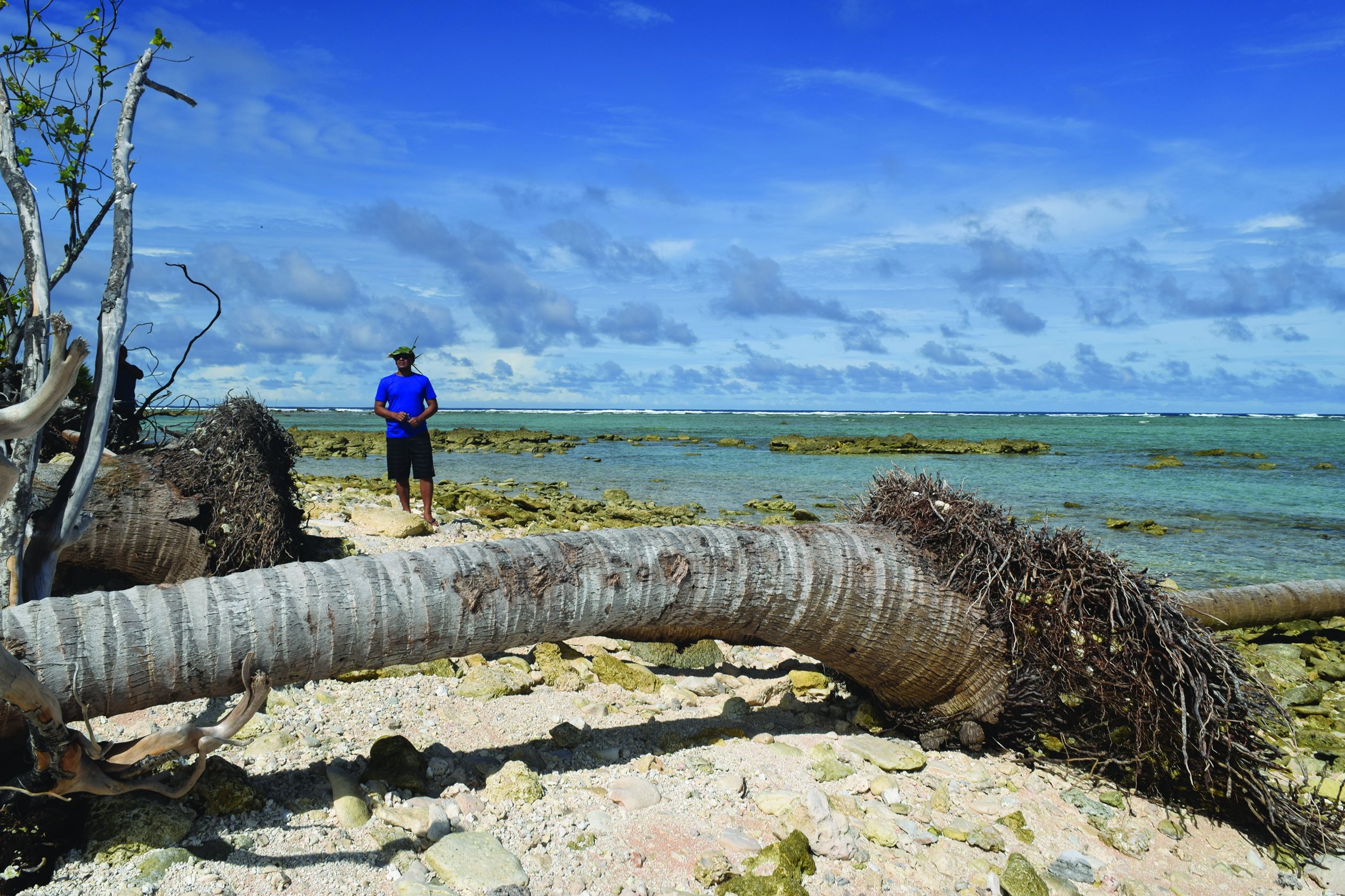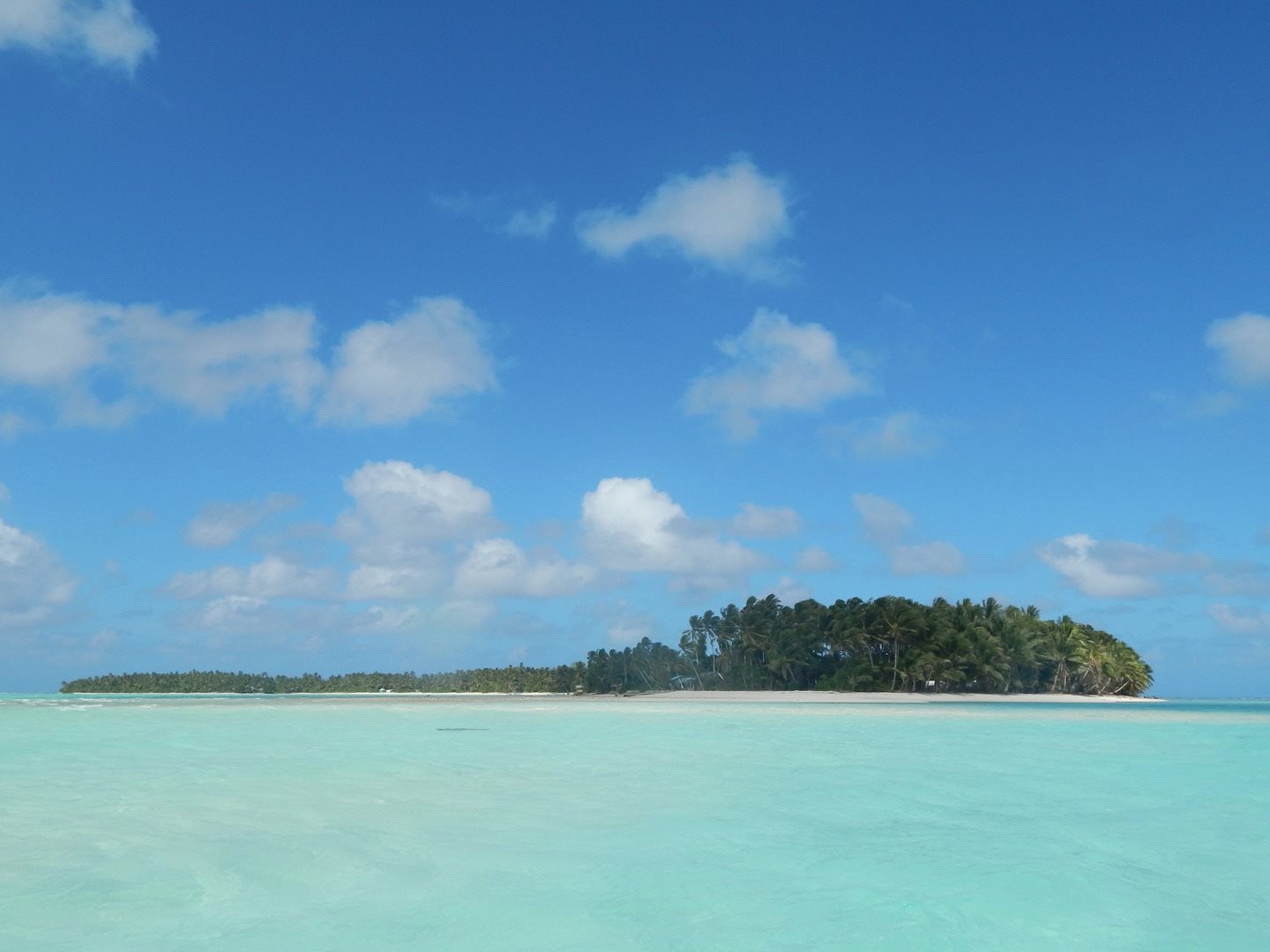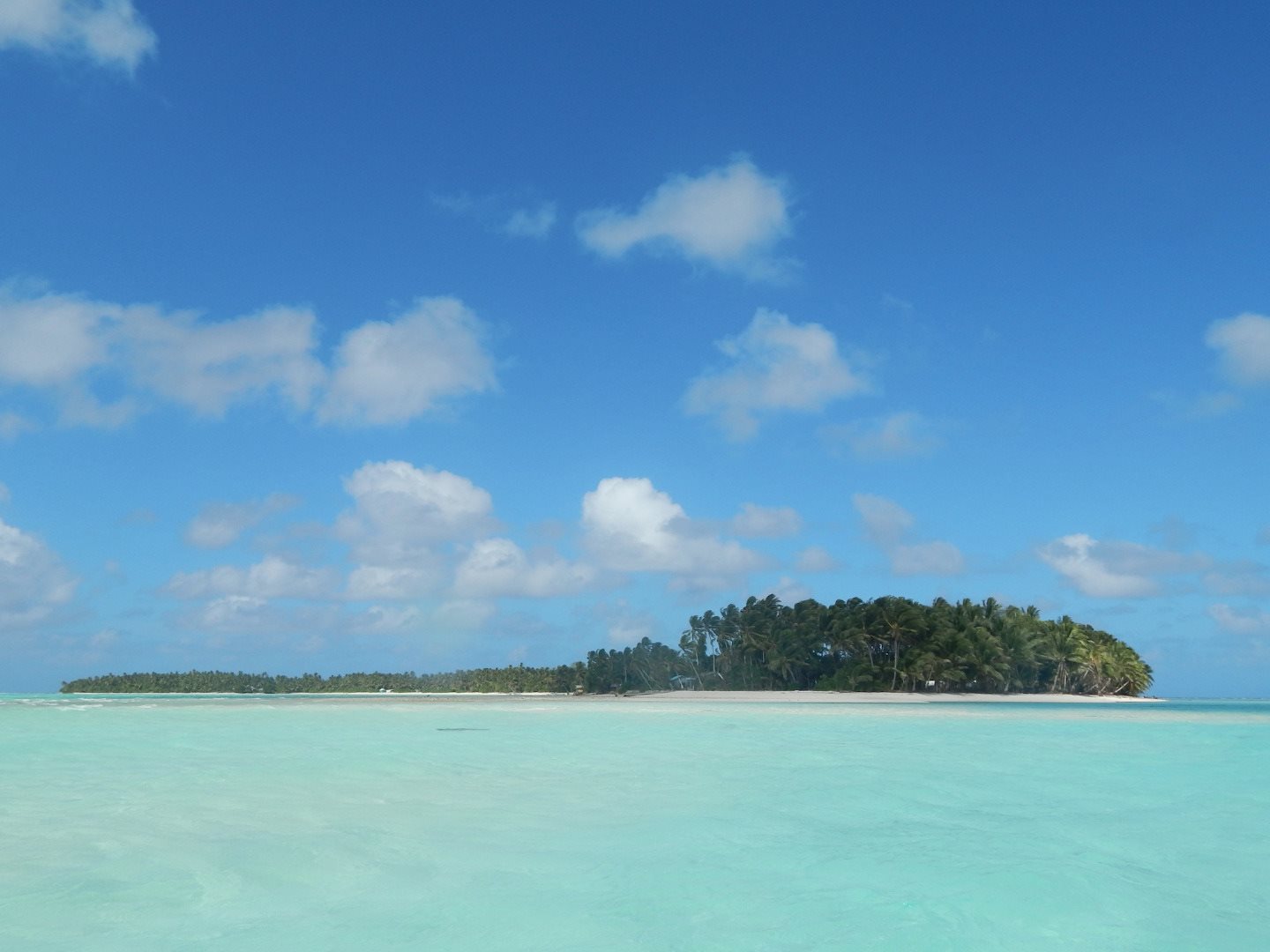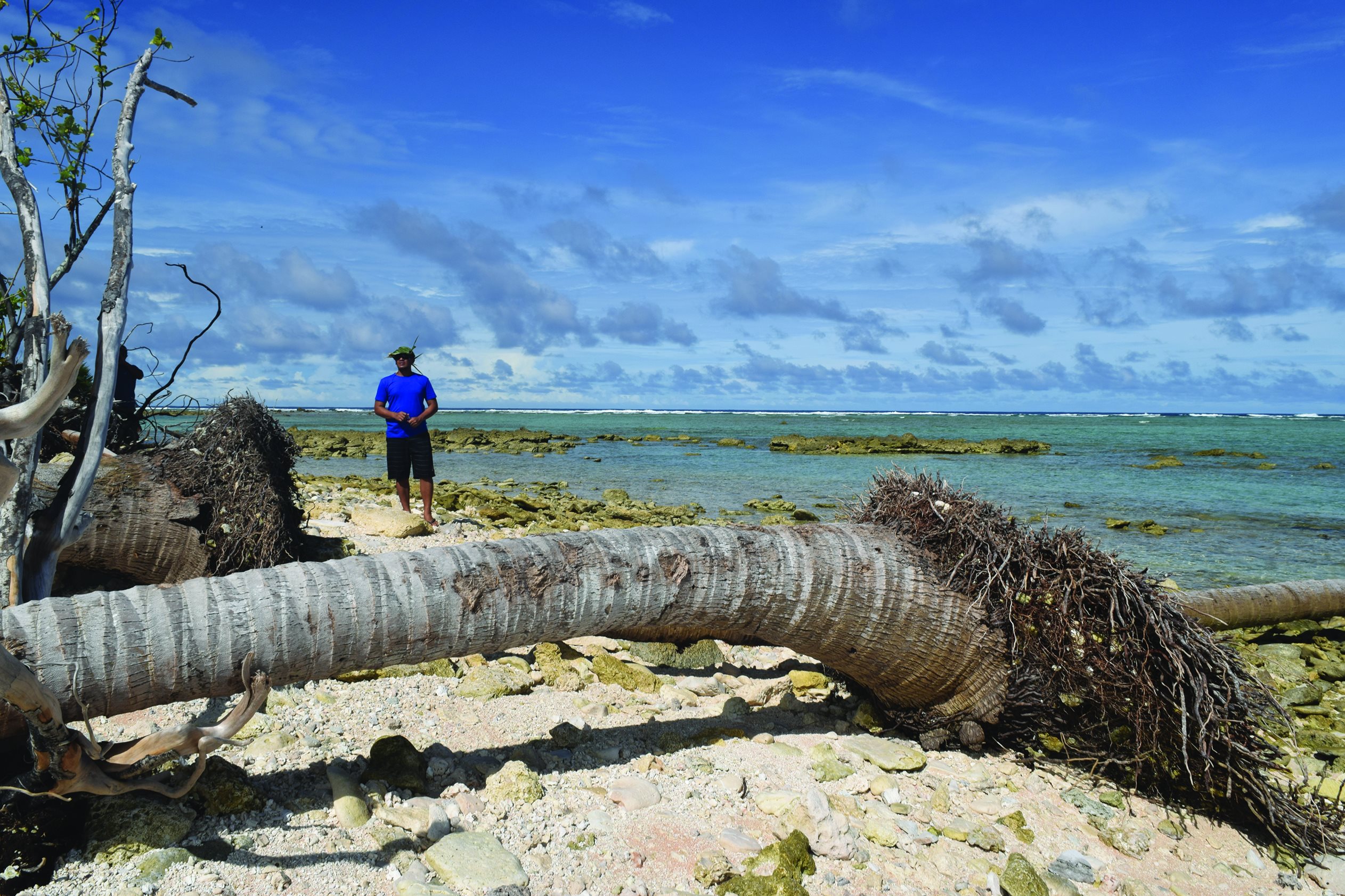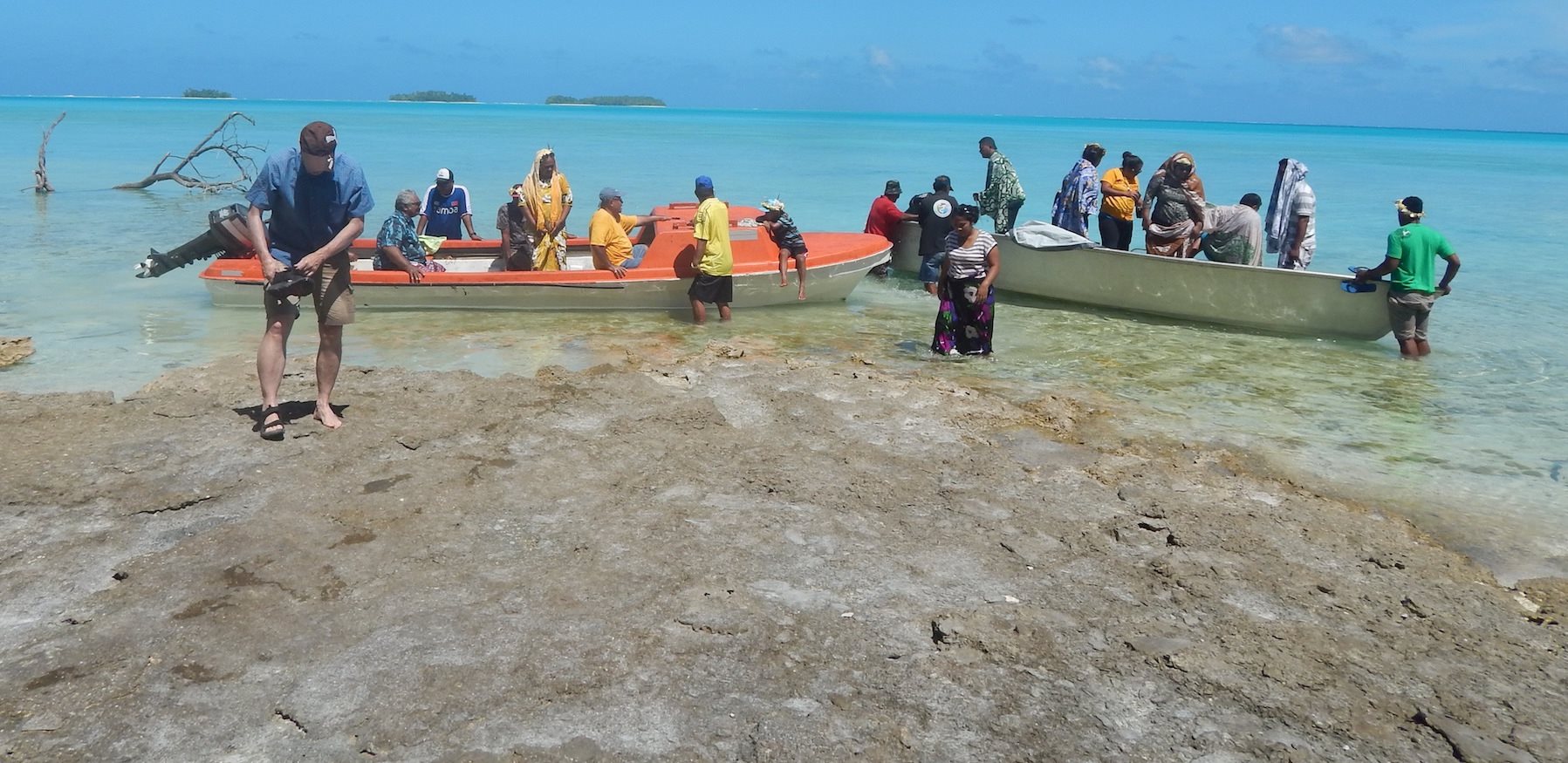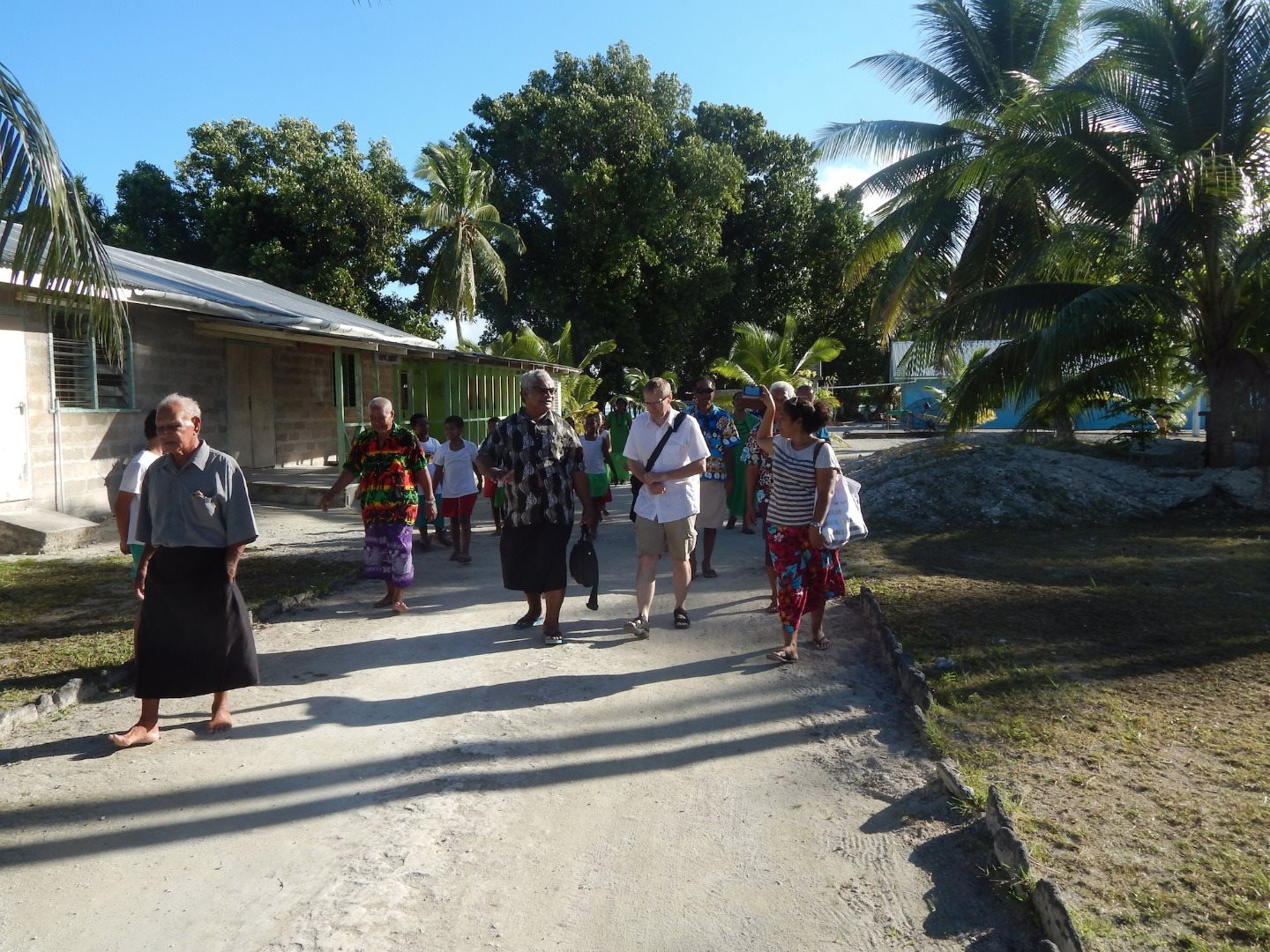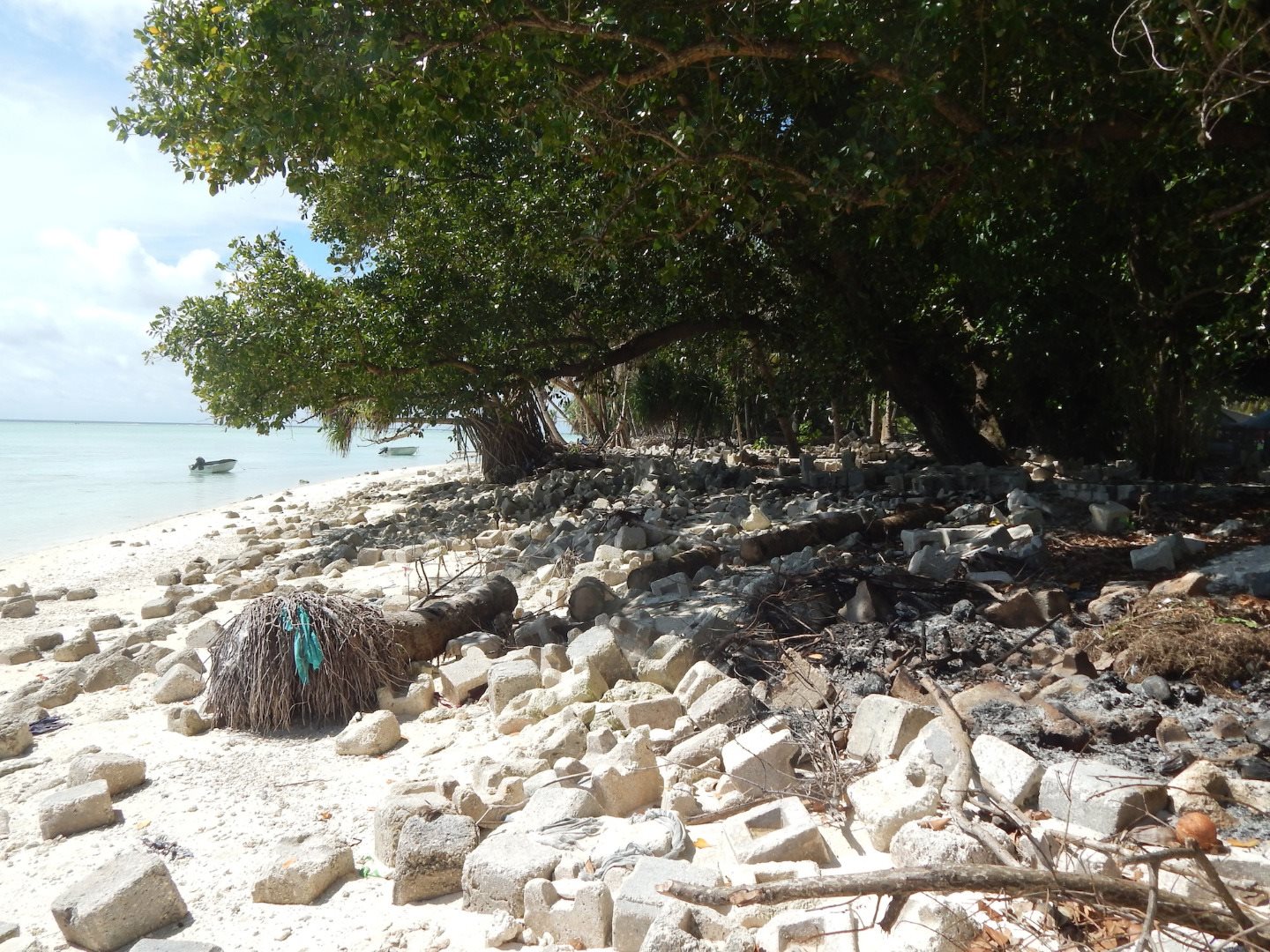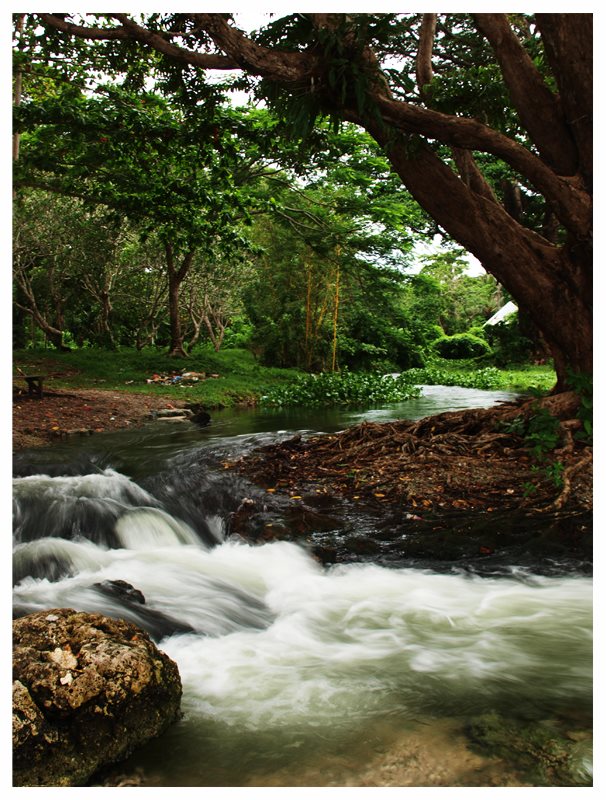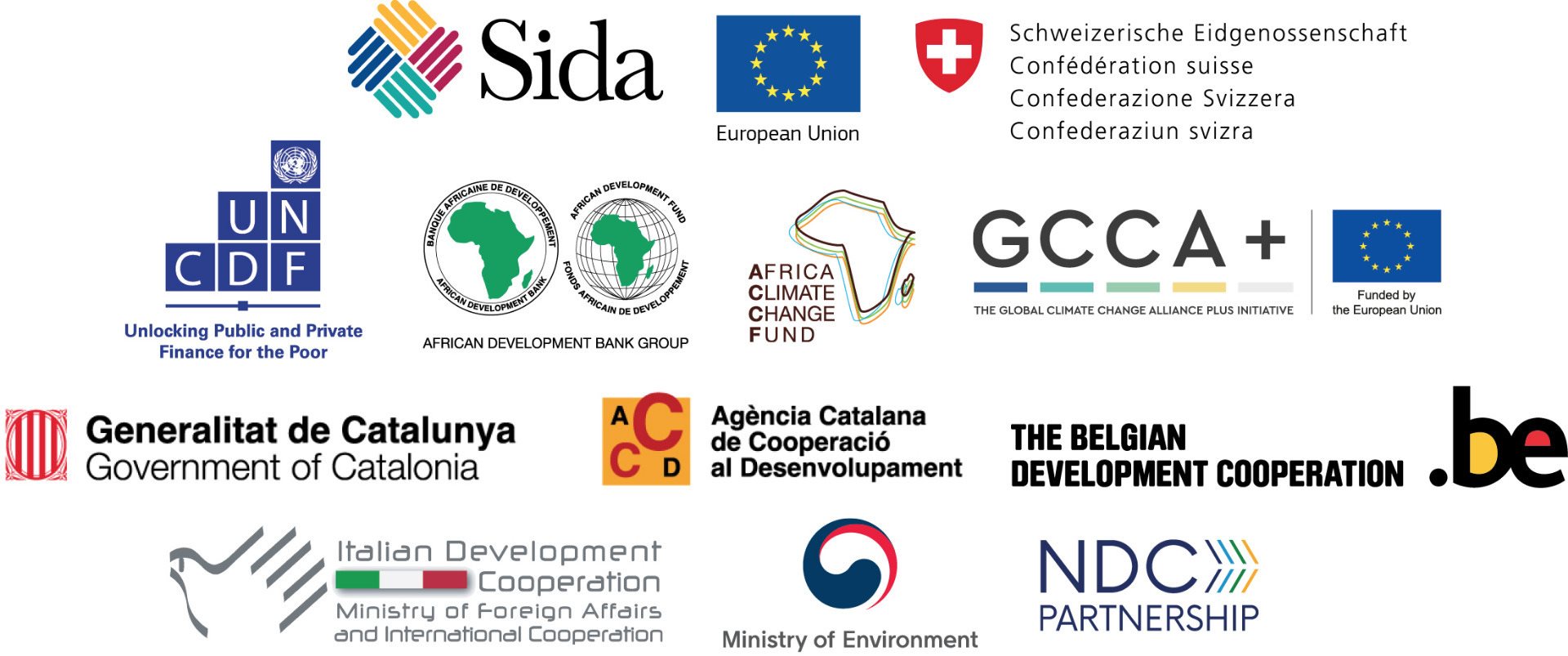National Response
Climate change has been identified by the Government of Tuvalu and the Pacific Islands Forum Leaders as the greatest threat facing this and other small island countries. Communities in Tuvalu are battling climate change on multiple fronts, such as coastal erosion, soil salinization, reduced fish habitats due to ocean acidification, coral bleaching, rising sea water levels and increasing extreme climate events like typhoons and wave surges.
